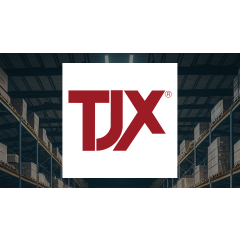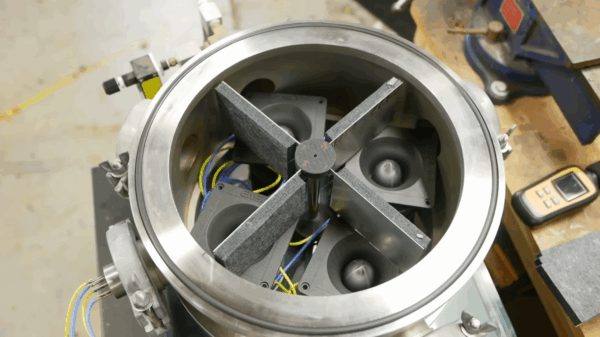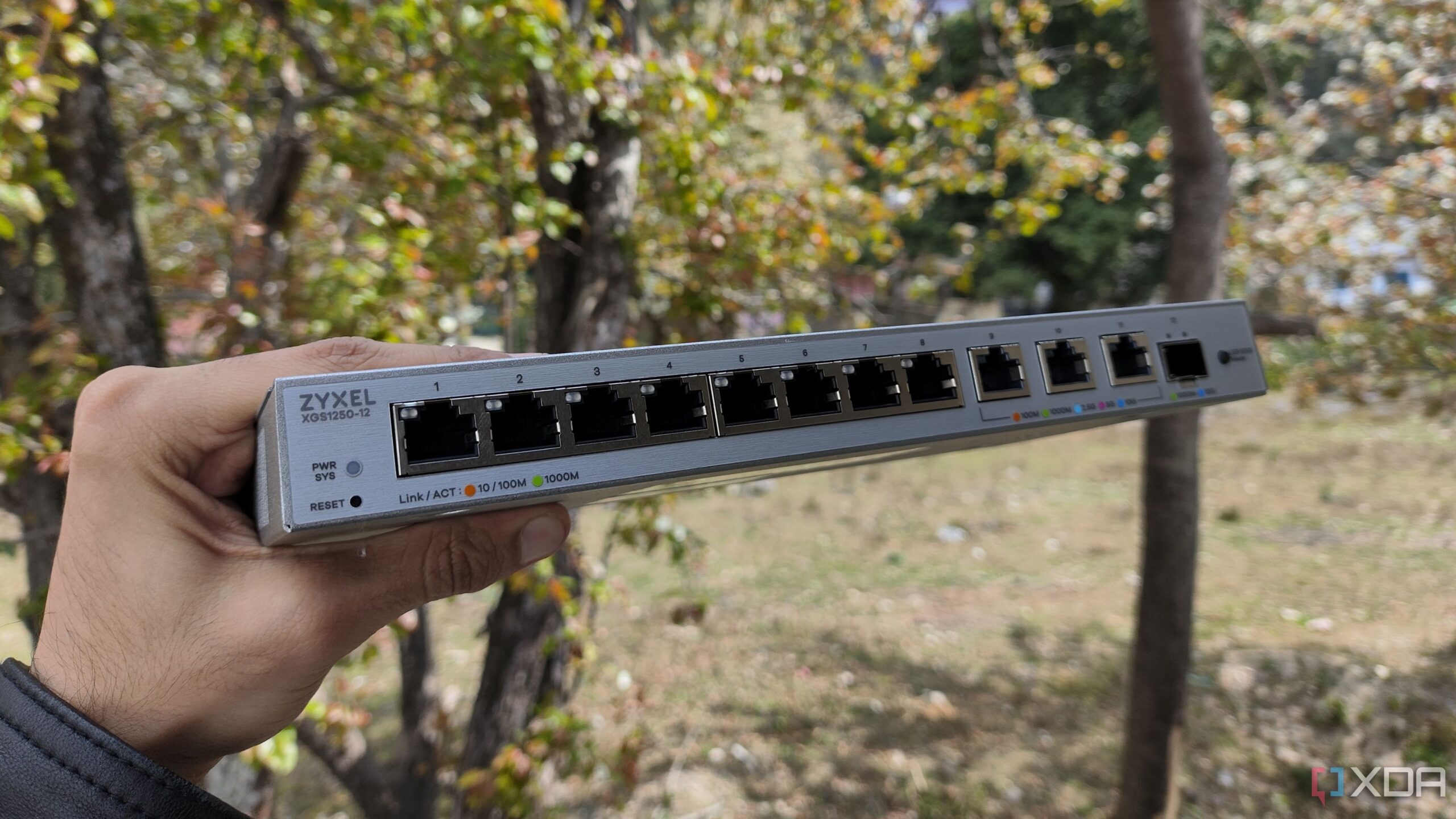URGENT UPDATE: Experts are sounding the alarm on the widespread use of USB-to-Ethernet adapters, warning that they may jeopardize the stability of your home lab. As of October 2023, networking professionals are urging hobbyists to reconsider their reliance on these seemingly convenient devices, citing critical performance and reliability issues that could disrupt your projects.
The appeal of USB-to-Ethernet adapters is undeniable. They provide a quick and inexpensive fix for expanding connectivity in home labs without the need for complex configuration. However, experts emphasize that the long-term consequences of using these adapters can lead to devastating performance drops and significant downtime.
Many hobbyists are drawn to the promise of gigabit speeds and the ease of plugging into a free USB port. Yet, this simplicity comes with hidden costs. Under sustained load, these adapters may throttle or overheat, resulting in sudden connection drops that can cripple ongoing projects. For those relying on stable access for virtual machines, self-hosted services, or clustered environments, the impact is immediate and severe.
The risks don’t stop there. USB-to-Ethernet adapters often rely on less reliable chipsets, such as those from Realtek and ASIX, which are notorious for inconsistent driver support across various operating systems. Recent reports have indicated that even minor updates to the Linux kernel can break compatibility, leaving users with non-functional network connections.
Experts warn that this instability can lead to interrupted backups, corrupted transfers, and failed deployments. A single dropped connection can turn into a major setback, particularly when the integrity of your home lab hinges on continuous, reliable networking.
Furthermore, the performance bottlenecks of USB connections can exacerbate these issues. The USB bus was never designed to handle high-throughput networking alongside other tasks, leading to competition for bandwidth and resulting in packet loss and latency spikes. Users may find their home lab environments feeling sluggish or even unreachable, a nightmare scenario for anyone serious about their projects.
So, what can home lab enthusiasts do instead? Networking professionals recommend investing in more reliable hardware. The best practice is to utilize onboard NICs whenever possible, as they are specifically designed for the system and receive long-term driver support. For those with expansion options, dedicated PCIe network cards offer solid performance without the unpredictability of USB adapters.
Moreover, hobbyists utilizing single-board computers like the Raspberry Pi should consider dedicated accessories that provide stable Ethernet connectivity without relying on USB. Many of these expansions come with robust driver support, ensuring compatibility even after system updates.
Experts advise that for more advanced setups, using a managed switch with VLAN support can help segment and control network traffic effectively, maintaining both stability and flexibility.
As the home lab community continues to grow, the importance of reliable networking cannot be overstated. Experts stress that while USB-to-Ethernet adapters might seem like an easy solution, the trade-offs they entail can ultimately undermine the entire lab’s functionality.
For those looking to enhance their home labs, investing in quality networking hardware is not just a recommendation—it’s a necessity. The upfront costs may be slightly higher, but the long-term benefits in reliability and performance are invaluable.
This important development is shaping the future of home labs. As the demand for stable networking solutions increases, hobbyists are encouraged to rethink their hardware choices to ensure their labs remain effective and resilient.
Stay tuned for further updates on best practices for home lab networking!



































































